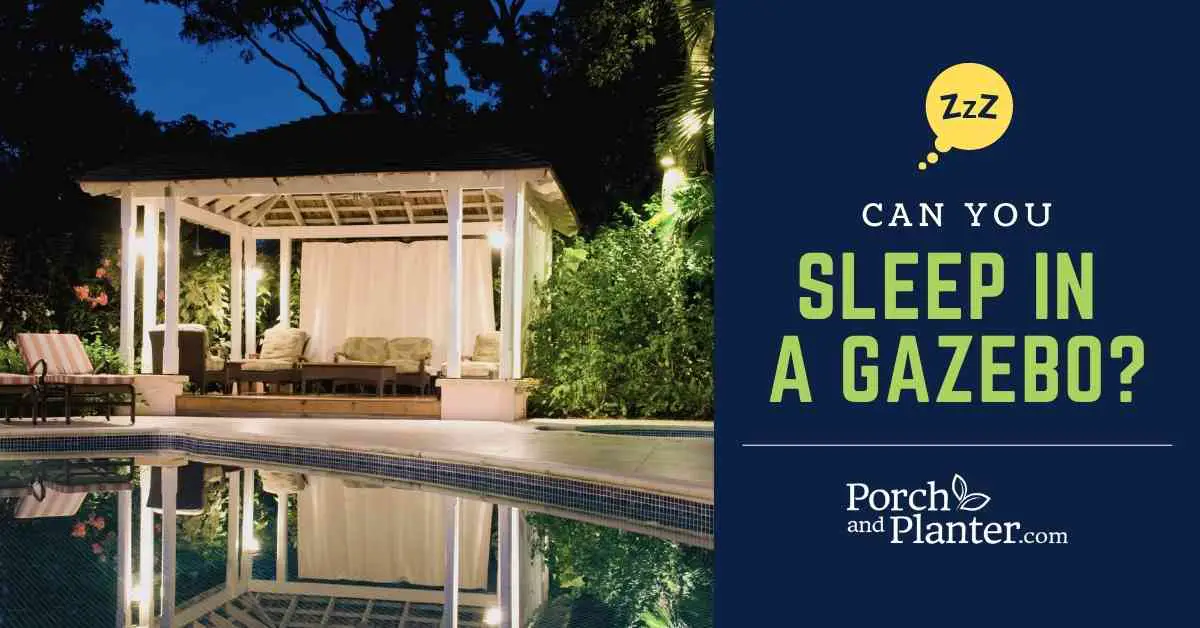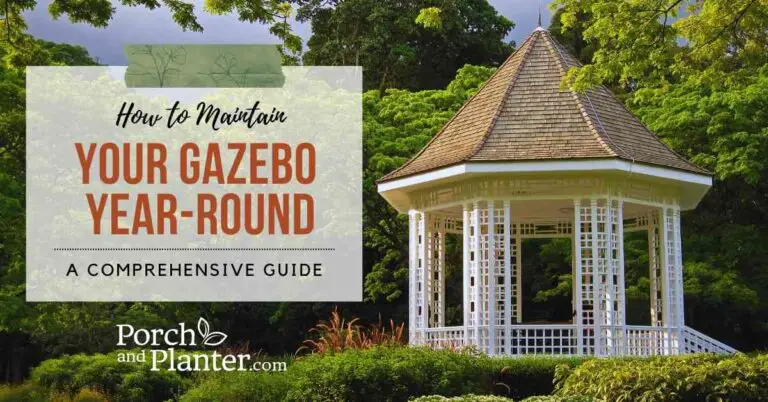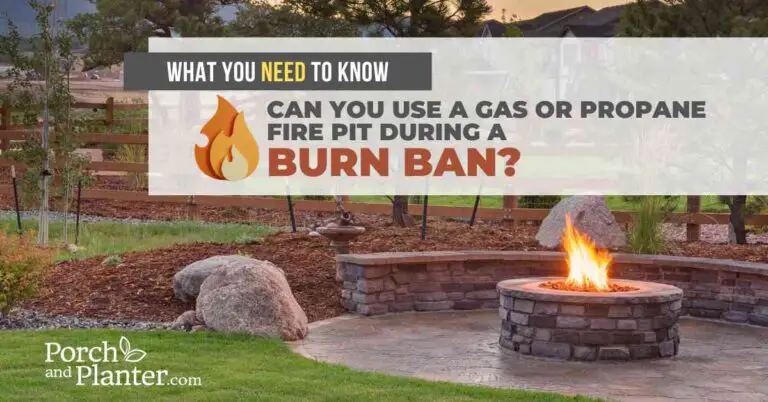Can You Sleep in a Gazebo? Exploring the Possibilities

If you’re an outdoor enthusiast, you might be wondering if it’s possible to sleep in a gazebo. Gazebos are open-sided structures that are often used for outdoor gatherings, but they can also provide shelter for camping and sleeping. While it’s technically possible to sleep in a gazebo, there are some important factors to consider before you do.
Can You Sleep in a Gazebo?
Yes, you can sleep in a gazebo, but we do not recommend it over using a proper camping tent. One of the biggest concerns when sleeping in a gazebo is exposure to the elements. Unlike a traditional tent, a gazebo is not designed to provide complete protection from the weather. Depending on the design of the gazebo, you may be exposed to rain, wind, and sun. Additionally, gazebos do not provide much insulation, so you may be more susceptible to temperature changes.
Another consideration is the potential for insects and other animals. Gazebos are open structures, which means that bugs and other small creatures can easily get inside. This can be especially problematic if you’re sleeping in the gazebo, as you may be more vulnerable to bites and stings. It’s important to take steps to protect yourself from insects if you plan to sleep in a gazebo.
Sleeping in a Gazebo: Is it Safe?
While gazebos are great for outdoor activities, they may not be the best option for sleeping overnight. It is important to consider several factors before deciding to sleep in a gazebo.
Weather Considerations
Weather conditions can play a significant role in determining whether it is safe to sleep in a gazebo. Gazebos are not designed to withstand extreme weather conditions, such as heavy rain or strong winds. Sleeping in a gazebo during such weather conditions can be dangerous and may result in injuries. It is important to check the weather forecast before planning to sleep in a gazebo.
Insect and Animal Hazards
Gazebos do not provide adequate protection against insects and animals. Sleeping in a gazebo without proper protection can result in insect bites or animal attacks. It is important to use insect repellent and keep food items away from the sleeping area to avoid attracting animals.
Security and Privacy
Gazebos do not provide adequate security and privacy when sleeping. Gazebo structures are usually open or semi-open, allowing for an unrestricted view of the surrounding environment. This lack of physical barriers or walls means that anyone passing by can see inside, making it difficult to maintain a sense of privacy.
Additionally, gazebos are typically not equipped with locks or other security measures, making it easier for unwanted guests or animals to enter. Therefore, while a gazebo may provide shelter and a unique sleeping experience, it may not offer the level of privacy and security that many people desire when it comes to sleeping arrangements.
Preparing for Sleeping in a Gazebo
If you’re still intent on sleeping in a gazebo, here is how to best prepare for the experience:
Choosing the Right Gazebo
When it comes to camping in a gazebo, it’s important to choose the right one. Not all gazebos are designed for overnight stays, so it’s essential to look for a gazebo that is sturdy, well-ventilated, and provides adequate protection from the elements. A pop-up gazebo may not be the best option for sleeping, as they are typically not designed for extended use. Consider the size of the gazebo as well. You want to make sure that it is large enough to comfortably accommodate your sleeping area and any other gear that you may have.
Setting Up Your Sleeping Area
Once you have chosen the right gazebo, it’s time to set up your sleeping area. You’ll want to ensure that your sleeping area is dry, comfortable, and well-ventilated. If the gazebo does not come with a floor, consider bringing a tarp or groundsheet to place under your sleeping bag. Make sure to bring a comfortable sleeping bag and a pillow. You may also want to bring a sleeping mat or air mattress for added comfort. Consider bringing a portable fan or heater depending on the weather conditions.
What to Bring
In addition to your sleeping gear, there are some other essential items that you will want to bring when camping in a gazebo. Here are a few things to consider:
- Camp stove and cooking supplies
- Food and water
- Flashlight or lantern
- Insect repellent
- Sunscreen and hat
- First aid kit
- Extra clothing and blankets
By choosing the right gazebo, setting up your sleeping area, and bringing the necessary gear, you can enjoy a comfortable and safe overnight stay in a gazebo.
Tips for Sleeping in a Gazebo
Stay Dry and Warm
When sleeping in a gazebo, it is important to stay dry and warm. Make sure your gazebo is waterproof and has a roof that can protect you from the rain. If you are camping in colder weather, bring a sleeping bag or warm blankets to keep yourself warm. You can also use a portable heater if you have access to electricity. Additionally, you can place a tarp or groundsheet under your sleeping area to prevent moisture from seeping through.
Stay Safe from Insects and Animals
Gazebos do not provide as much protection from insects and animals as tents do, so make sure to take precautions. Use insect repellent or wear long sleeves and pants to prevent mosquito bites. Keep your gazebo zipped up at all times to prevent insects and animals from entering. If you are camping in an area with bears or other wildlife, make sure to store your food in a bear-resistant container away from your sleeping area.
Stay Comfortable
When sleeping in a gazebo, it’s important to prioritize comfort. Bring a sleeping pad or air mattress to cushion your sleeping area. Use pillows and blankets to make your sleeping area more comfortable. Consider bringing a portable fan to keep yourself cool in hot weather. You can also hang a hammock or install a cot to elevate yourself off the ground and make sleeping more comfortable.
Conclusion
While it is possible to sleep in a gazebo, it is not recommended for several reasons. Sleeping in a gazebo may offer a unique outdoor experience, but it can also limit privacy and security. Gazebo structures are typically open or semi-open, making it difficult to maintain a sense of privacy, and they leave occupants vulnerable to unwanted guests or animals and at the mercy of the weather. However, if you do choose to sleep in a gazebo, be sure to take appropriate safety precautions and ensure that you are aware of the potential risks.







